To embark on this ambitious journey, we’ll first delve into the realm of inspiration, where words possess the power to uplift, motivate, and transform. Inspirational quotes, particularly those articulated by individuals whose legacies have stood the test of time, hold a unique place in the tapestry of human experience.
These words are not merely utterances but beacons that guide us through the vicissitudes of life, encouraging resilience, promoting self-belief, and fostering a sense of purpose and connectedness.
The allure of these quotes lies in their universal applicability; they resonate across ages, cultures, and circumstances, embodying the collective wisdom of humanity. They remind us of our shared struggles, joys, and aspirations, bridging the gap between the personal and the universal. As we embark on this exploration, we are not just seeking inspiration but also understanding—the kind that illuminates the path to personal growth and collective progress.
- “The only way to do great work is to love what you do.” – Steve Jobs
- “It is during our darkest moments that we must focus to see the light.” – Aristotle
- “You must be the change you wish to see in the world.” – Mahatma Gandhi
- “The future belongs to those who believe in the beauty of their dreams.” – Eleanor Roosevelt
- “What lies behind us and what lies before us are tiny matters compared to what lies within us.” – Ralph Waldo Emerson.
- “In the end, it’s not the years in your life that count. It’s the life in your years.” – Abraham Lincoln
1. Comprehensive Analysis of Steve Jobs’ Quote
Steve Jobs, a visionary whose legacy is interwoven with the fabric of modern technology, left us with many insights, but his encouragement to “love what you do” stands out for its simplicity and profound impact. This statement is a clarion call to pursue passion with unwavering dedication, underpinning the belief that personal fulfillment is integral to professional excellence.
The essence of Jobs’ message lies in the acknowledgment that work occupies a significant portion of our lives. Therefore, finding joy and satisfaction in our professional endeavors is not merely a luxury but a necessity for a fulfilling life. This quote challenges the conventional wisdom that prioritizes financial success over personal gratification, urging individuals to redefine success on their terms.
Jobs’ journey, marked by innovation, perseverance, and the occasional setback, embodies the spirit of his words. His contributions to technology were not merely products of his intellect but his passion for design and functionality. Through this lens, the quote serves as a testament to the transformative power of love for one’s work, encouraging us to seek a career path that aligns with our innermost passions and values.
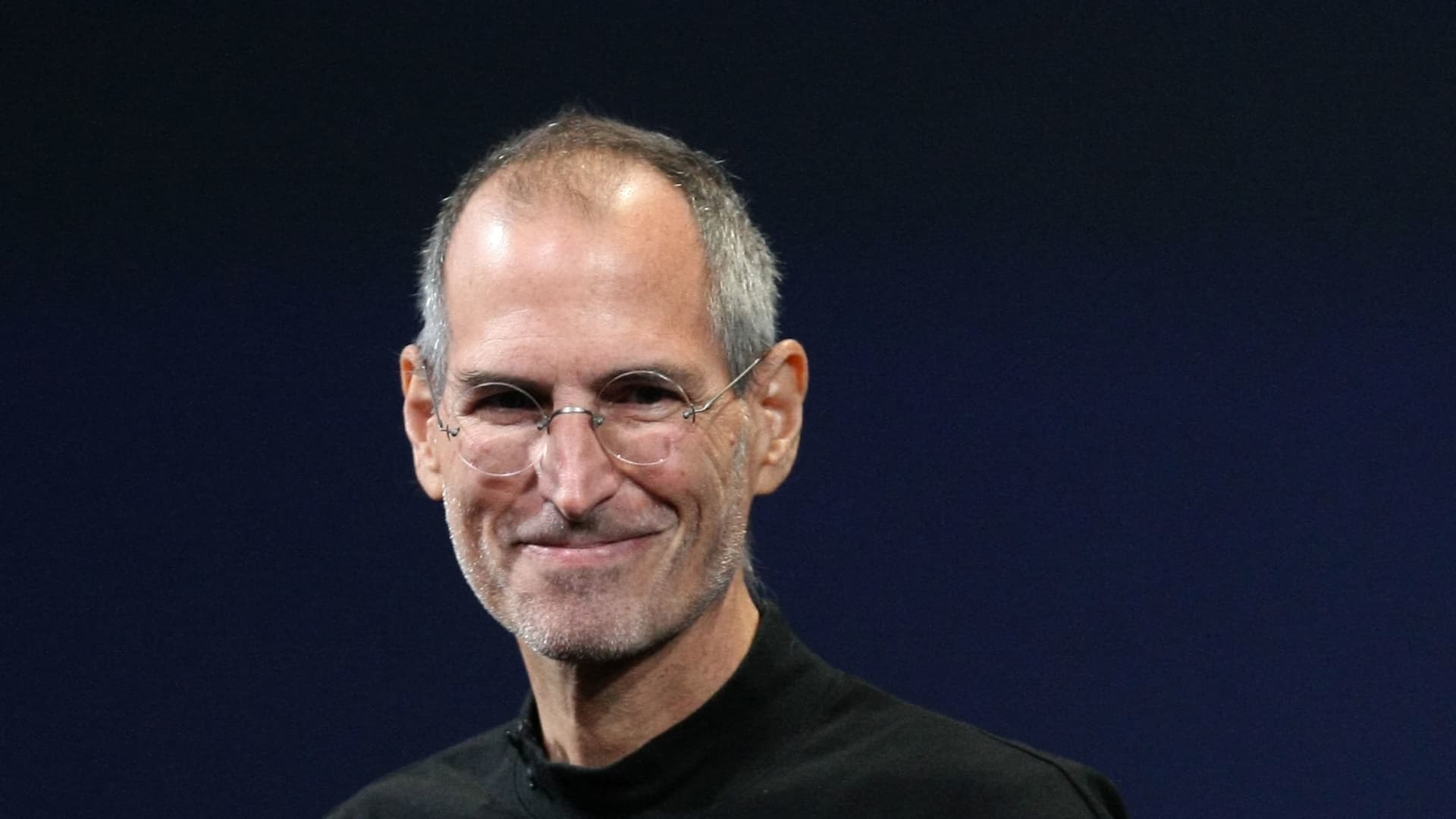
In the contemporary workforce, where job dissatisfaction is not uncommon, Jobs’ advice is more relevant than ever. It beckons us to introspect, to identify our passions, and to have the courage to pursue them, even when faced with uncertainty or adversity. It reminds us that the pursuit of passion is not a selfish endeavor but a contribution to innovation, creativity, and, ultimately, societal progress.
The quote also serves as a reminder that the journey to finding and doing work we love is as important as the destination. It is a process of self-discovery, resilience, and continuous learning. In embracing this journey, we not only enrich our own lives but also inspire those around us to follow their passions, creating a ripple effect that elevates communities and industries at large.
Steve Jobs’ assertion that loving what we do is the key to great work is not just career advice; it is a philosophy for life. It advocates for a world where work is not a mere means to an end but a source of joy and fulfillment, a guiding principle that has the potential to transform our personal lives and the fabric of society.

As we proceed to explore the next quote in our list, we carry forward the wisdom of pursuing passion and the belief in the transformative power of love for one’s work.
2. Comprehensive Analysis of Aristotle’s Quote
Aristotle, an emblematic figure of ancient Greek philosophy whose ideas have permeated various fields of study, offers a timeless piece of wisdom in saying, “It is during our darkest moments that we must focus to see the light.” This quote, transcending its historical context, speaks to the universal human condition, addressing our innate capacity to overcome adversity through resilience and hope.
At its core, Aristotle’s statement is a testament to the indomitable spirit of humanity. It acknowledges the inevitability of hardship in the human experience but simultaneously champions the idea that within every challenge lies the opportunity for growth and enlightenment. This perspective invites us to reframe our struggles not as insurmountable barriers but as catalysts for personal development and transformation.
The metaphor of darkness and light is particularly powerful, symbolizing the contrast between despair and hope, challenge and solution, ignorance and knowledge. Darkness, in this context, represents the periods of uncertainty, fear, and difficulty that we all face at various points in our lives.
Light, conversely, symbolizes clarity, understanding, and eventual triumph over these challenges. Aristotle’s encouragement to “focus to see the light” suggests that within each of us lies the ability to navigate through the darkness by seeking out wisdom, strength, and, ultimately, hope.
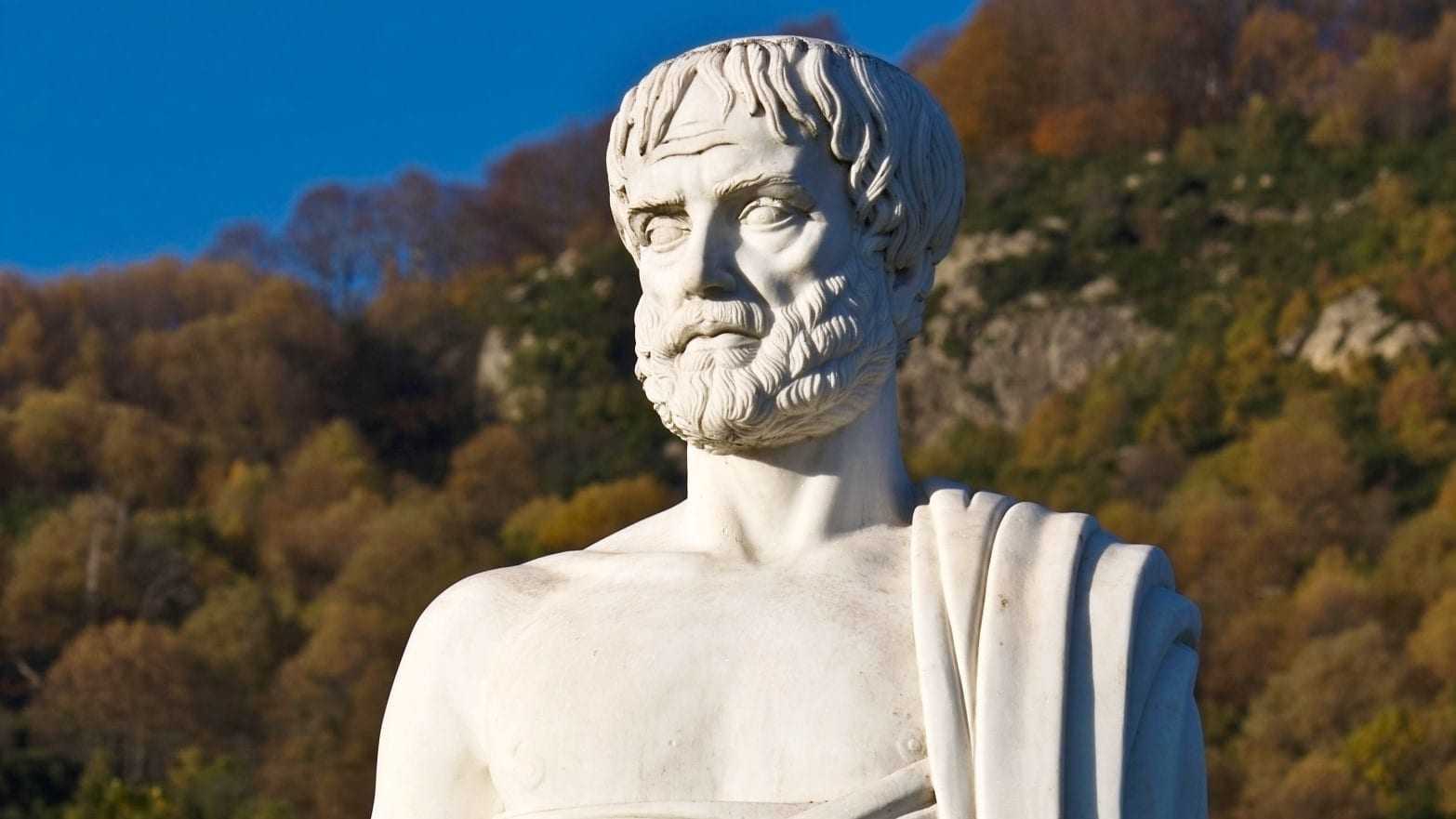
This quote’s relevance is timeless, finding application in personal trials, societal challenges, and global crises alike. It speaks to the resilience required to face personal loss, the courage needed to overcome fear, and the wisdom necessary to address complex societal issues. It reminds us that the human capacity for hope and determination is our most powerful tool in confronting and surmounting the obstacles that life presents.
Moreover, Aristotle’s words encourage a proactive stance towards adversity. Rather than succumbing to despair, we are urged to actively seek solutions to cultivate a mindset that looks beyond the immediate darkness to envisage the potential for light. This approach not only aids in overcoming challenges but also in fostering a sense of agency and empowerment.
The philosophical underpinnings of this quote also emphasize the importance of wisdom and learning in navigating life’s challenges. Aristotle, a proponent of knowledge and contemplation, subtly invites us to use our darkest moments as opportunities for introspection, learning, and growth. By focusing on the light, we engage in a process of self-discovery and acquire the insights necessary to move forward with greater strength and wisdom.
In contemporary society, where challenges and uncertainties abound, Aristotle’s message serves as a beacon of hope. It encourages resilience, promotes a positive outlook, and underscores the importance of perseverance, wisdom, and inner strength in overcoming adversity. This timeless wisdom not only helps us navigate personal trials but also inspires us to contribute positively to our communities, fostering a collective resilience that can face and overcome the challenges of our time.

As we reflect on Aristotle’s profound insight, we carry with us the understanding that our darkest moments are not the end but rather pivotal points where focus, resilience, and hope can lead us to new beginnings and brighter horizons.
3. Comprehensive Analysis of Mahatma Gandhi’s Quote
Mahatma Gandhi, a figure synonymous with non-violent resistance and the struggle for independence in India, left an indelible mark on the world not just through his actions but through his words. One of his most powerful quotes, “You must be the change you wish to see in the world,” serves as a clarion call for personal accountability and the transformative power of individual action in the pursuit of societal change.
This succinct yet profound statement encapsulates Gandhi’s philosophy of personal integrity and the symbiotic relationship between individual conduct and collective progress. At its heart, Gandhi’s message is one of empowerment and responsibility, urging each of us to embody the principles we advocate for in the broader world. It challenges the notion of passivity in the face of injustice and inequality, instead promoting active participation in the creation of a more equitable and compassionate society.
Gandhi’s life was a testament to this philosophy. His commitment to truth, non-violence, and justice was not merely rhetorical but was reflected in his daily practices—from the simplicity of his living to the peaceful protests and civil disobedience he led. Through his example, Gandhi demonstrated that profound societal change begins with the transformation of the self. His quote encourages us to introspect, identify the discrepancies between our ideals and our actions, and align our behaviors with the values we espouse.
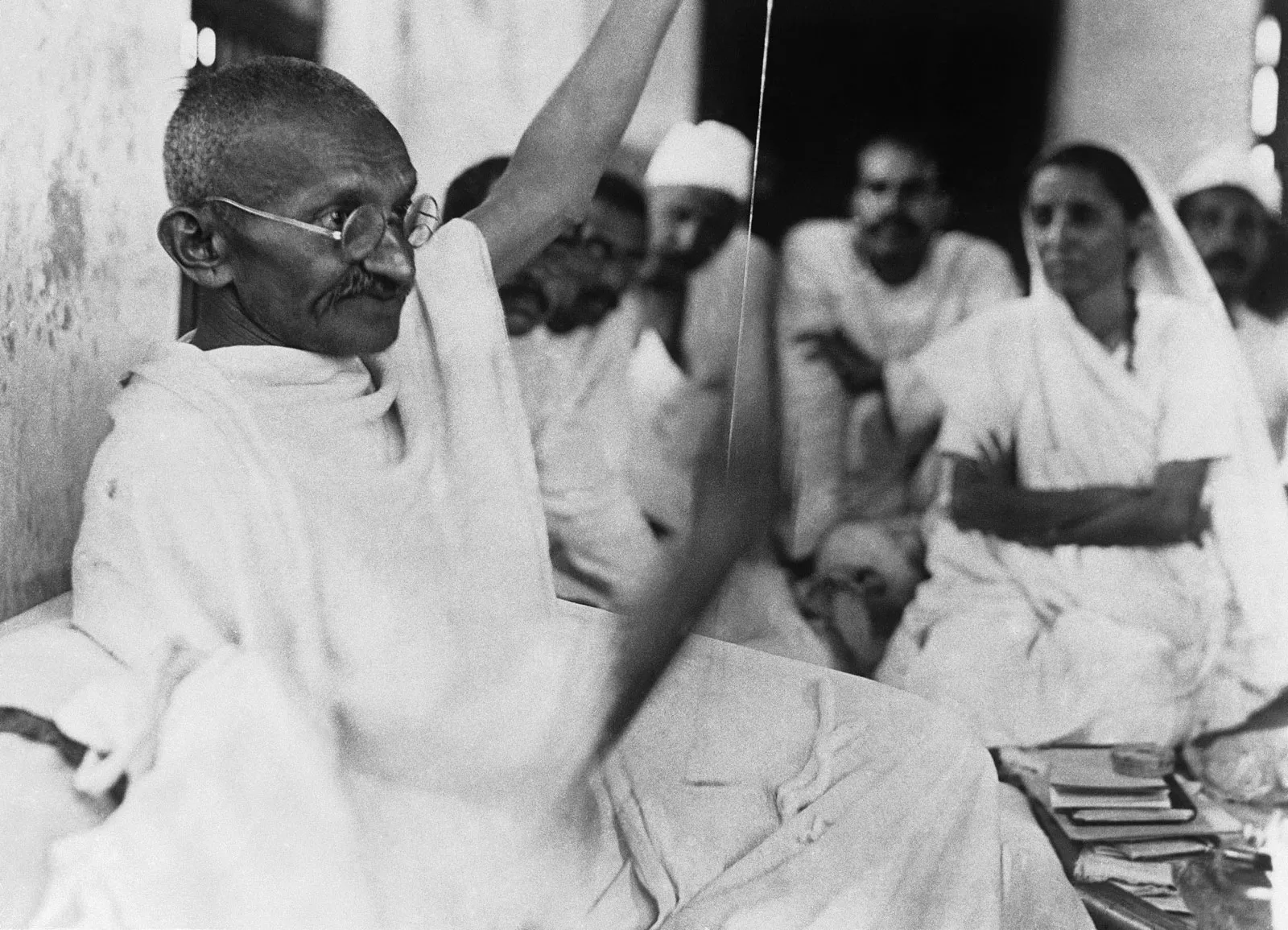
In today’s context, Gandhi’s words resonate with increasing relevance as the world grapples with myriad challenges, from social and racial injustices to environmental crises. His call to “be the change” is a reminder that while systemic change is essential, it often starts with individual actions and choices.
Whether it’s through sustainable living practices to combat climate change or standing against injustice in our communities, Gandhi’s message empowers us to take initiative and contribute to the change we desire.
Moreover, Gandhi’s quote highlights the power of example. By embodying the change we wish to see, we not only contribute directly to societal transformation but also inspire others to reflect on their actions and possibly adopt similar changes. This ripple effect can amplify the impact of individual actions, fostering a culture of responsibility, compassion, and activism.
However, Gandhi’s message also carries a challenge—the challenge of consistency and perseverance. True change, both personal and societal, requires sustained effort and dedication. It calls for the courage to confront inconvenient truths about ourselves and our societies and the resilience to continue striving for better, even when progress seems slow, or setbacks occur. It reminds us that change is often a gradual process, requiring patience, persistence, and unwavering commitment to our principles.

In essence, Mahatma Gandhi’s “You must be the change you wish to see in the world” is a powerful exhortation to each of us to take ownership of our role in shaping the future. It underscores the belief that collective transformation begins with personal action, urging us to live our values and make choices that reflect our vision for a better world. As we navigate the complexities of the 21st century, Gandhi’s wisdom serves as a beacon, guiding us toward a more just, sustainable, and compassionate society through the power of individual and collective action.
4. Comprehensive Analysis of Eleanor Roosevelt’s Quote
Eleanor Roosevelt, a pioneering figure in advocating for human rights and the former First Lady of the United States, once said, “The future belongs to those who believe in the beauty of their dreams.” This quote encapsulates her unwavering belief in the potential of individuals to shape their destinies and the world around them through the power of faith in their visions for the future.
At the heart of Roosevelt’s message is the concept of belief as a driving force for achievement. Her assertion that the future is shaped by those who dare to dream and maintain faith in those dreams underscores the importance of optimism and vision.
It’s a call to action, urging us to look beyond current circumstances and envision a future shaped by our highest aspirations. This perspective is not just about idle daydreaming but about the active pursuit of a vision fueled by the conviction that it is attainable.
Eleanor Roosevelt’s own life serves as a testament to this principle. Despite facing personal and societal challenges, she remained a steadfast advocate for social justice, women’s rights, and the empowerment of the marginalized.
Her work, both domestically and as a delegate to the United Nations, where she played a crucial role in drafting the Universal Declaration of Human Rights, reflects her belief in the power of individuals to effect change. Through her actions, Roosevelt demonstrated that believing in the beauty of one’s dreams is the first step toward realizing them.
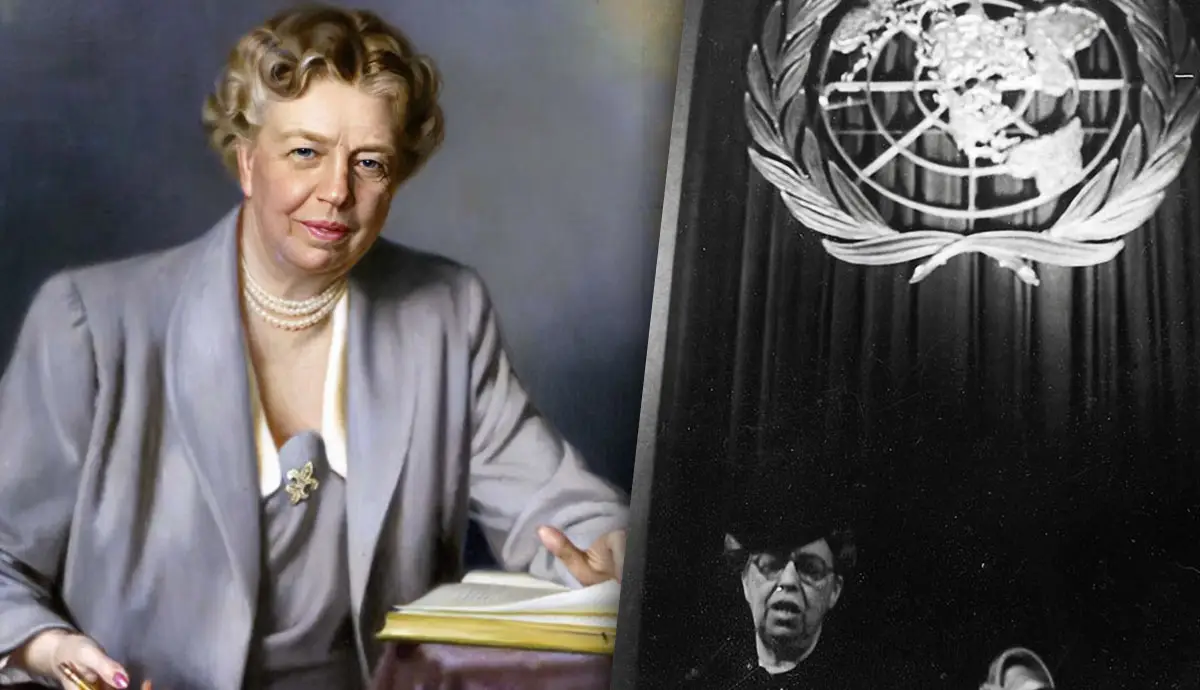
This quote also speaks to the transformative power of positive thinking and self-belief. In a world that often focuses on limitations and obstacles, Roosevelt’s words remind us of the potential that lies within each of us to transcend these barriers. By believing in the beauty of our dreams, we tap into a source of motivation and resilience that propels us forward, enabling us to navigate challenges and pursue our goals with determination.
Moreover, Roosevelt’s message has profound implications for leadership and collective action. It suggests that the most effective leaders are those who are driven by a compelling vision for the future—a vision they believe in wholeheartedly. Such leaders inspire others, rallying them around a shared dream and mobilizing them to work together towards its realization. This collective belief in a shared vision is a powerful catalyst for social and political change, driving progress and innovation.
In contemporary society, where cynicism and disillusionment often prevail, Eleanor Roosevelt’s words serve as a beacon of hope. They encourage us to remain optimistic, to dream boldly, and to maintain faith in the potential for those dreams to shape the future. This quote challenges us to redefine our understanding of what is possible, both for ourselves and for the world, emphasizing that the limits of our achievements are often defined by the limits of our beliefs.

In essence, “The future belongs to those who believe in the beauty of their dreams” is a timeless reminder of the power of vision and belief. It calls on us to imagine a better future, nurture our dreams with conviction, and take action toward making those dreams a reality. As we continue to navigate the complexities of the 21st century, Eleanor Roosevelt’s wisdom encourages us to hold fast to our dreams, for they are the seeds from which the future grows.
5. Comprehensive Analysis of Ralph Waldo Emerson’s Quote
Ralph Waldo Emerson, a central figure in the transcendentalist movement of the 19th century, has left a profound impact on American literature and philosophy. His quote, “What lies behind us and what lies before us are tiny matters compared to what lies within us,” offers a profound exploration of the human spirit’s capacity and resilience. This statement reflects Emerson’s philosophical emphasis on the inherent potential and inner strength of individuals, urging us to look inward for guidance and power.
At its core, Emerson’s quote speaks to the insignificance of past experiences and future challenges when compared to the vast reservoir of strength, potential, and virtue that resides within each person. This perspective encourages a shift away from external circumstances and toward an internal focus, where true growth and understanding occur. It is a call to recognize and tap into our inner resources as the primary source of our power and direction in life.
The transcendentalist belief in the inherent goodness and potential of individuals is vividly encapsulated in this quote. Emerson’s philosophy posits that each person is capable of achieving greatness and contributing positively to the world, not by altering their external conditions but by realizing and harnessing the wealth of resources within. This internal focus is seen as the key to personal development, self-reliance, and fulfillment.
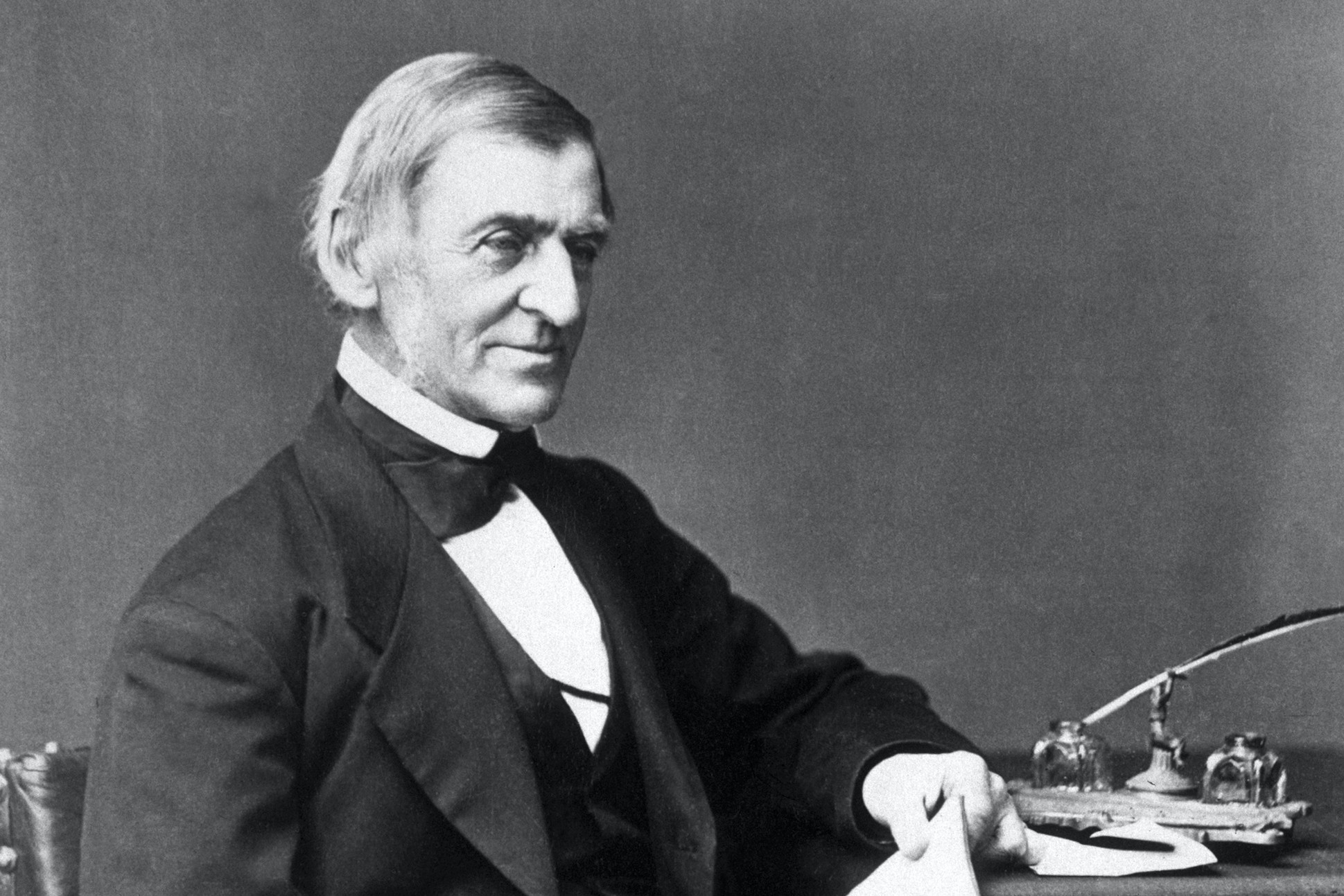
Moreover, Emerson’s words serve as a reminder of the limited power of external circumstances over our lives. By asserting that what lies within us is far more significant than what lies behind or before us, Emerson champions the idea of personal agency and self-determination. This perspective empowers individuals to take control of their lives, make choices aligned with their inner values, and carve out their paths irrespective of past failures or future uncertainties.
In today’s fast-paced and often externally driven society, Emerson’s message is particularly resonant. It calls for a reassessment of where true value and power lie, prompting a move away from societal measures of success and towards personal authenticity and integrity. In a world where external achievements often overshadow inner growth, Emerson’s quote is a powerful reminder of the importance of introspection, self-awareness, and the cultivation of our inner lives.
Furthermore, Emerson’s emphasis on the internal over the external has significant implications for how we approach challenges and obstacles. It suggests that the solutions to our problems and the means to overcome our challenges are often found within rather than through external fixes. This perspective fosters resilience, encouraging us to draw on our inner strength and wisdom in the face of adversity.

In essence, Ralph Waldo Emerson’s quote is a timeless exhortation to recognize and nurture the vast potential that lies within each of us. It advocates for a life lived in alignment with one’s deepest values and convictions, suggesting that such a life is not only more fulfilling but also more impactful. As we navigate the complexities of modern life, Emerson’s words serve as a guiding light, reminding us that the key to overcoming our past, facing our future, and achieving our greatest potential lies in understanding and embracing what lies within us.
6. Comprehensive Analysis of – Abraham Lincoln’s Quote
“In the end, it’s not the years in your life that count. It’s the life in your years.” attributed to Abraham Lincoln, encapsulates a profound philosophy on the nature of life and how we measure its worth. This analysis explores the quote’s meaning, implications, and relevance in various contexts.
- Quality over Quantity: At its core, the quote emphasizes the importance of the quality of one’s life rather than its duration. Lincoln suggests that a fulfilling life is not measured by how long one lives but by how one chooses to live their life.
- Active Living: It encourages individuals to live actively, engage with their passions, and make meaningful contributions. It’s a call to focus on enriching experiences, relationships, and personal growth.
- Philosophical Implications Existentialism: This quote resonates with existentialist philosophy, which posits that individuals are free and responsible for giving their own lives meaning. Lincoln’s words encourage personal agency and the pursuit of authenticity.
- Carpe Diem: It aligns with the “Carpe Diem” philosophy — seize the day. The emphasis is on making the most of the present moment rather than being overly concerned with the future or the past.
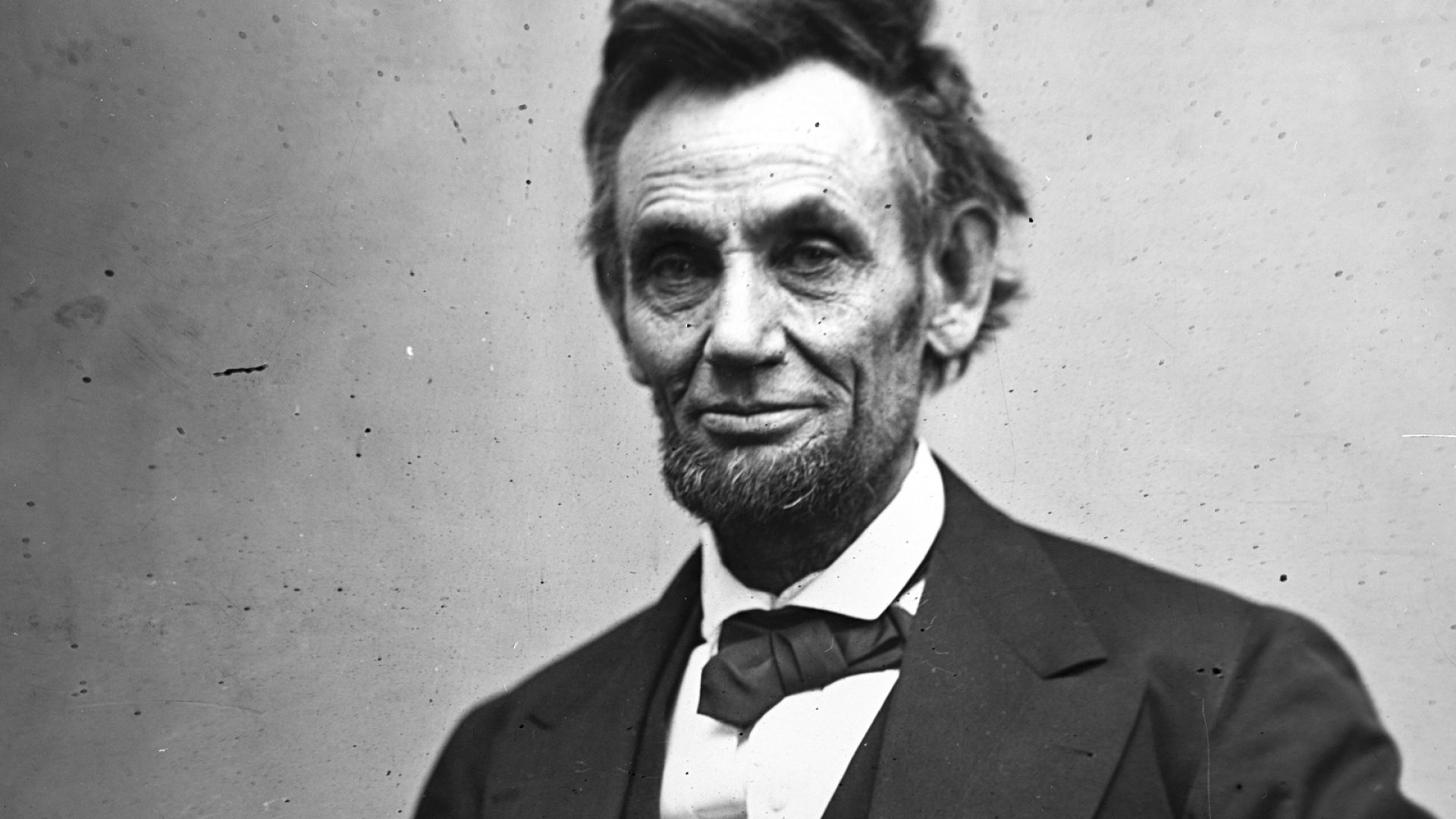
- Social and Personal Relevance Life Milestones: In today’s society, where there’s a significant focus on milestones as measures of success (e.g., career advancement, accumulating wealth), Lincoln’s quote serves as a reminder to value experiences and personal fulfillment over societal expectations.
- Mental Health: From a mental health perspective, this quote can inspire individuals to seek joy and satisfaction in daily activities, fostering a more positive outlook on life.
- Aging: For older adults, the quote can offer a refreshing perspective on aging, emphasizing the potential for fulfillment and engagement at any age.

- Privilege and Circumstance: Critics might argue that the ability to focus on “the life in your years” is a privilege not accessible to all, especially those struggling with poverty, illness, or other adversities. It highlights a potential oversight of systemic barriers that can limit one’s ability to live life fully.
In conclusion,
the journey through the top 6 inspirational quotes by famous individuals offers a rich tapestry of wisdom, insight, and guidance. Each quote, emanating from a diverse array of historical contexts and personal philosophies, converges on the universal themes of resilience, self-belief, and the transformative power of action and inner strength.
Through the comprehensive analyses of the words of Steve Jobs, Aristotle, Mahatma Gandhi, Eleanor Roosevelt, and Ralph Waldo Emerson, we are reminded of the enduring relevance of their messages in our contemporary quest for meaning, purpose, and impact.
Steve Jobs’ advocacy for passion in our work teaches us that fulfillment and excellence are intertwined, encouraging us to pursue careers and endeavors that resonate with our deepest interests and joys.
Aristotle’s reflection on the significance of focusing on the light during dark times underscores the importance of hope and resilience in overcoming adversity. Mahatma Gandhi’s call to be the change we wish to see in the world serves as a powerful reminder of our individual and collective agency in shaping a more equitable and compassionate society.
Eleanor Roosevelt’s belief in the beauty of dreams highlights the crucial role of optimism and vision in driving progress, while Ralph Waldo Emerson’s emphasis on the supremacy of inner resources over external circumstances inspires a journey of self-discovery and personal empowerment.
Together, these quotes and their analyses illuminate the path to personal growth and societal transformation. They encourage us to reflect on our values, harness our inner strengths, and take proactive steps toward realizing our visions for ourselves and the world. The wisdom of these historical figures transcends time and geography, offering timeless principles that can guide us through the complexities of modern life.
As we move forward, let us carry with us the insights gleaned from these analyses. Let us embrace the challenges and opportunities that life presents with courage, conviction, and a deep-seated belief in our potential to effect change. In doing so, we honor the legacies of those who have inspired us with their words and deeds, and we contribute to the ongoing narrative of human progress and enlightenment.
In the end, the most profound message we can take from these inspirational quotes and their accompanying analyses is that the power to live a life of impact, fulfillment, and joy lies within us.
By aligning our actions with our highest ideals, continuously seeking personal growth, and fostering a spirit of resilience and optimism, we can aspire to not only navigate the journey of life more effectively but also to leave an indelible mark on the world around us.









